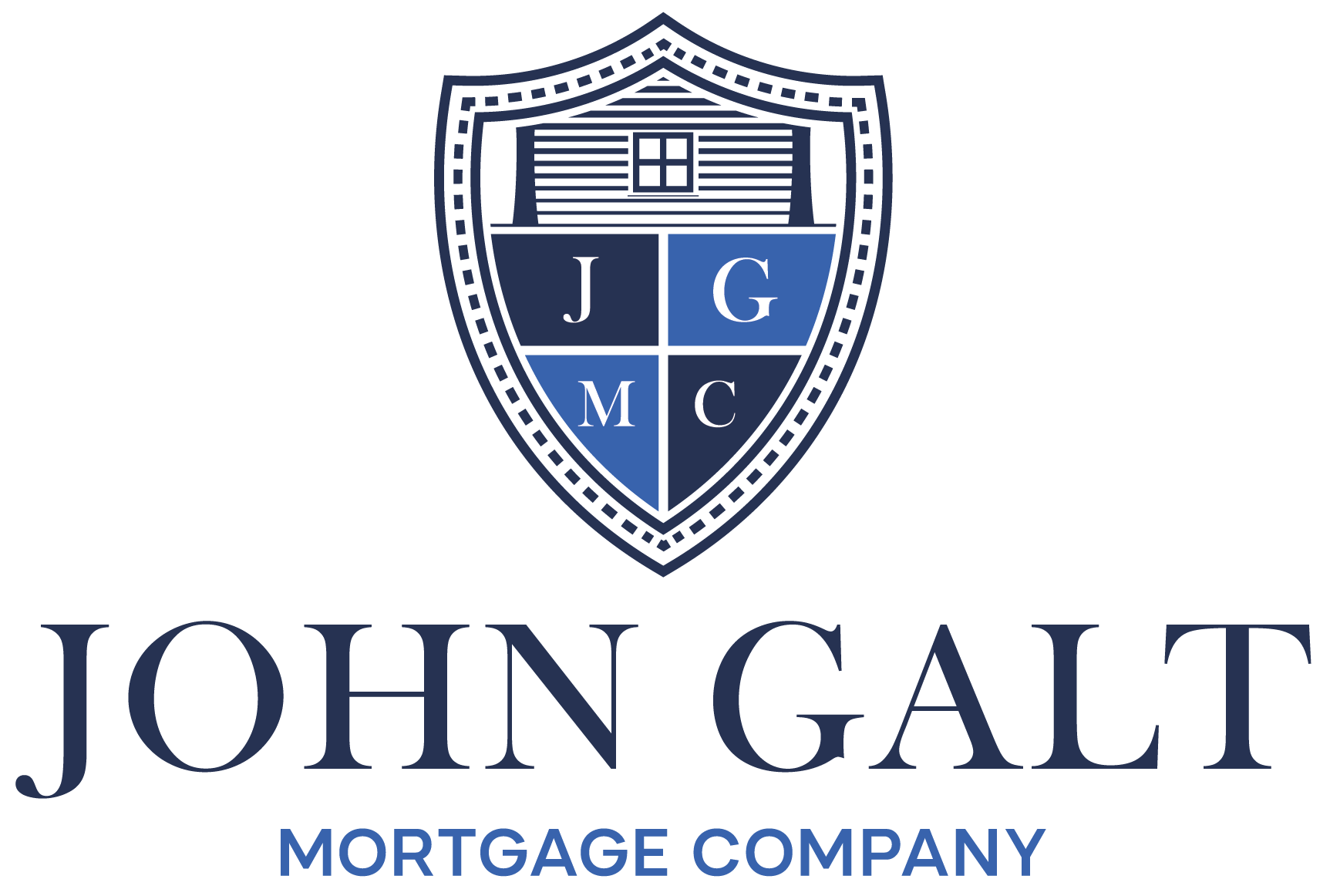
The United States is brimming with creative ways to make money — from wise investments to becoming an entrepreneur to winning the lottery (hey, it could happen) — but our favorite is the pursuit of property.
Owning a home is one of the most powerful wealth-building tools we have today. It’s a more stable investment than stocks, and for many, it’s more feasible (and less risky) than starting a business.
But if you’re a long-time renter, the thought of buying a house can be intimidating, at best. Terrifying at worst.
Look, we get it. Becoming a homeowner is one of the biggest decisions people make in their lives. It has long-term repercussions for you, your kids, and maybe even their kids.
So, let’s pull back the curtain on why owning a home is generally a net positive — and what you can do to prepare for this investment.
For starters, home values tend to rise over time (unlike cars, which lose value the moment you leave the lot). From 1995 to 2025, for instance, US home prices rose 300%, which miraculously managed to outpace inflation.
In high-growth states like California and Florida, gains were even larger, reaching upward of 400%.
This is really good news for homeowners.
Another thing to keep in mind is that leverage magnifies returns. What we mean is that most people use a mortgage to buy a home, which means they only pay a fraction of the purchase price upfront (usually 10-20%).
BUT, when a home appreciates, the return is calculated based on the full value of the property. This leverage significantly boosts wealth-building potential compared to other types of assets.
Of course, mortgages require monthly payments, but unlike rental fees, these installments build equity. Over about 30 years, homebuyers come into full ownership of their assets, which are often worth hundreds of thousands of dollars.
Again, this is excellent news for anyone looking to buy a house.
There are also tax advantages that come with homeownership (and we are all about that).
Depending on your tax situation, your interest payments and property taxes may be deductible. Plus, capital gains on your primary residence are usually tax-free up to a certain threshold when you sell.
Then, there are the practical, everyday wins of owning a home, such as shelter and a semblance of control. You can paint the walls, remodel the kitchen, and hang picture frames with nails instead of adhesive strips. You also have the freedom to choose a neighborhood you like, with access to good schools and community services.
It’s hard to put a price on those things, you know?
Now, here’s the kicker: While critics claim that investing in stocks yields higher returns, they’re ignoring the true cost of renting.
Homeowners not only avoid inflated rental costs, but they also benefit from appreciation, home equity, and building generational wealth. We’re kind of biased, but we think that’s a pretty good deal.
To prepare to make this investment, you can:
- Reduce your debt and strengthen your credit score
- Save for a down payment and closing costs
- Research loan programs
- Get pre-approved for a loan
Of course, buying a home isn’t the right decision for everyone (at least right now), and we recognize that.
But in the long run, building wealth comes down to a few key decisions, and purchasing property is one of them.



